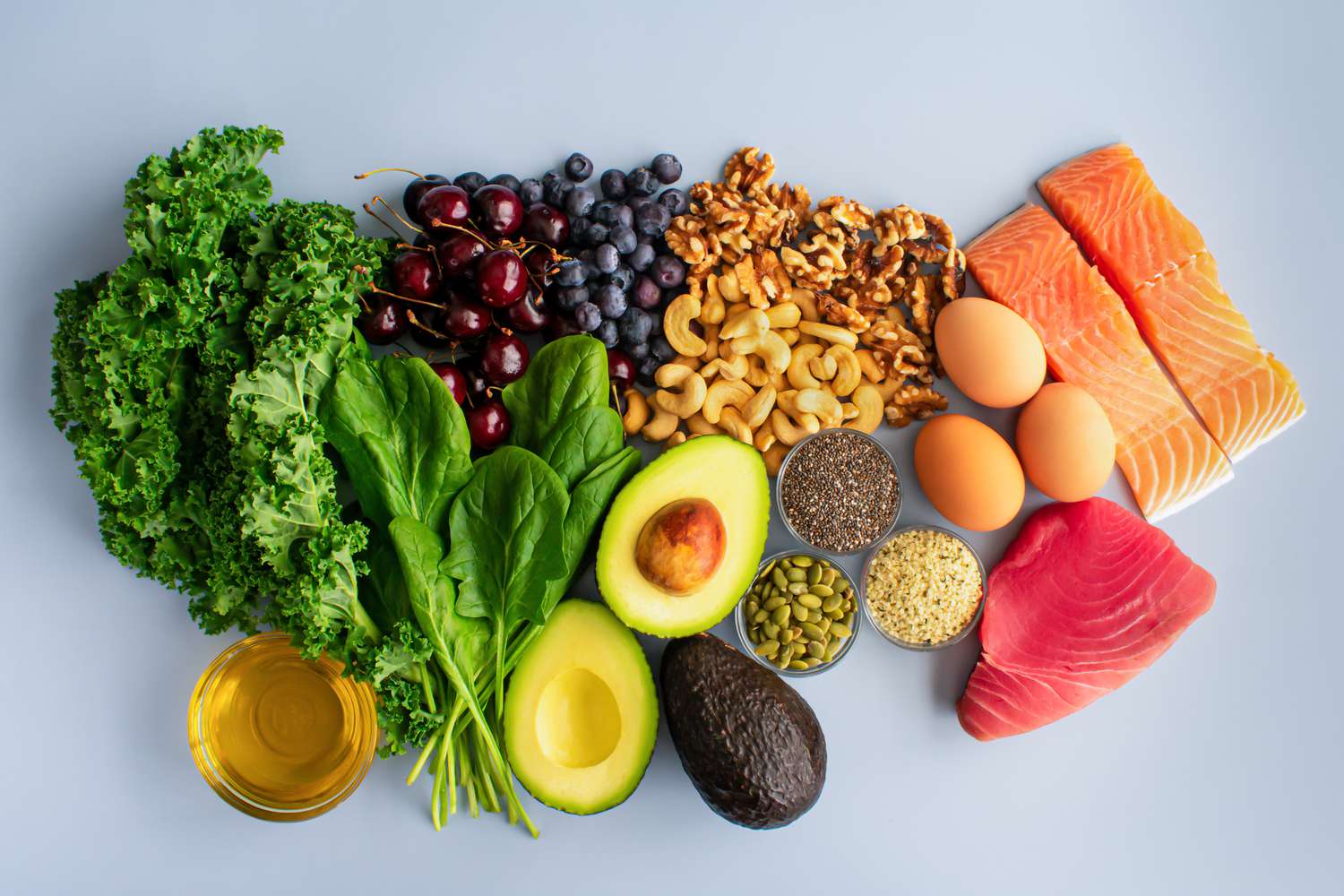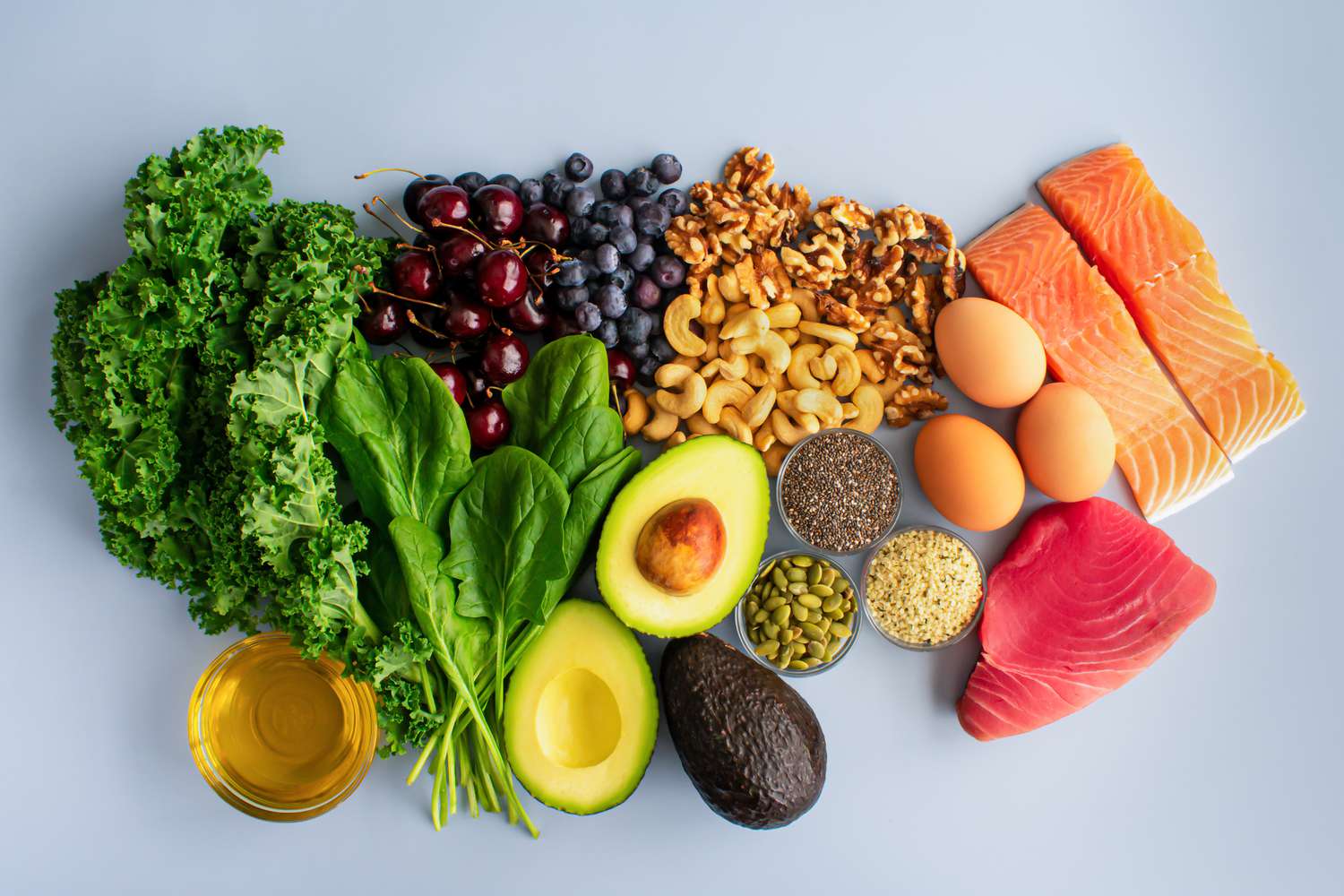Understanding Hormone Type 2
If you have Hormone Type 2, it means that your body is more sensitive to insulin. This can lead to imbalanced blood sugar levels, which may result in weight gain, especially around the midsection. Eating the right foods can help manage Hormone Type 2 and promote overall health and well-being.
Focus on Balanced Meals
When it comes to eating for Hormone Type 2, it’s important to focus on balanced meals that include a combination of protein, healthy fats, and complex carbohydrates. This can help stabilize blood sugar levels and prevent spikes and crashes throughout the day.
Include Protein in Every Meal
Protein is essential for managing Hormone Type 2. It helps slow down the absorption of sugar into the bloodstream, preventing rapid spikes in blood sugar levels. Include lean sources of protein such as chicken, turkey, fish, tofu, or legumes in every meal.
Choose Healthy Fats
Healthy fats are important for Hormone Type 2 as they can improve insulin sensitivity. Include avocados, olive oil, nuts, and seeds in your diet to support hormone balance and overall health.
Opt for Complex Carbohydrates
Instead of refined carbohydrates that can cause rapid spikes in blood sugar, choose complex carbohydrates such as whole grains, fruits, and vegetables. These foods provide a steady release of energy and can help keep blood sugar levels stable.
Limit Added Sugars and Processed Foods
Foods high in added sugars and processed ingredients can wreak havoc on blood sugar levels. It’s important to limit your intake of sugary snacks, sweetened beverages, and processed foods to manage Hormone Type 2 effectively.
Stay Hydrated
Drinking plenty of water is essential for managing Hormone Type 2. Dehydration can affect blood sugar levels, so aim to drink at least 8 glasses of water a day to stay properly hydrated.
Manage Portion Sizes
Controlling portion sizes can help prevent overeating and support healthy blood sugar levels. Use smaller plates, measure your servings, and be mindful of portion sizes to avoid consuming excess calories and carbohydrates.
Emphasize Fiber-Rich Foods
Fiber-rich foods such as legumes, whole grains, fruits, and vegetables can help slow down the absorption of sugar and promote satiety. Aim to include these foods in your meals to support Hormone Type 2.
Conclusion
Eating for Hormone Type 2 involves making mindful choices that support balanced blood sugar levels and overall health. By focusing on balanced meals, including protein, healthy fats, and complex carbohydrates, while limiting added sugars and processed foods, you can effectively manage Hormone Type 2 and promote well-being.











